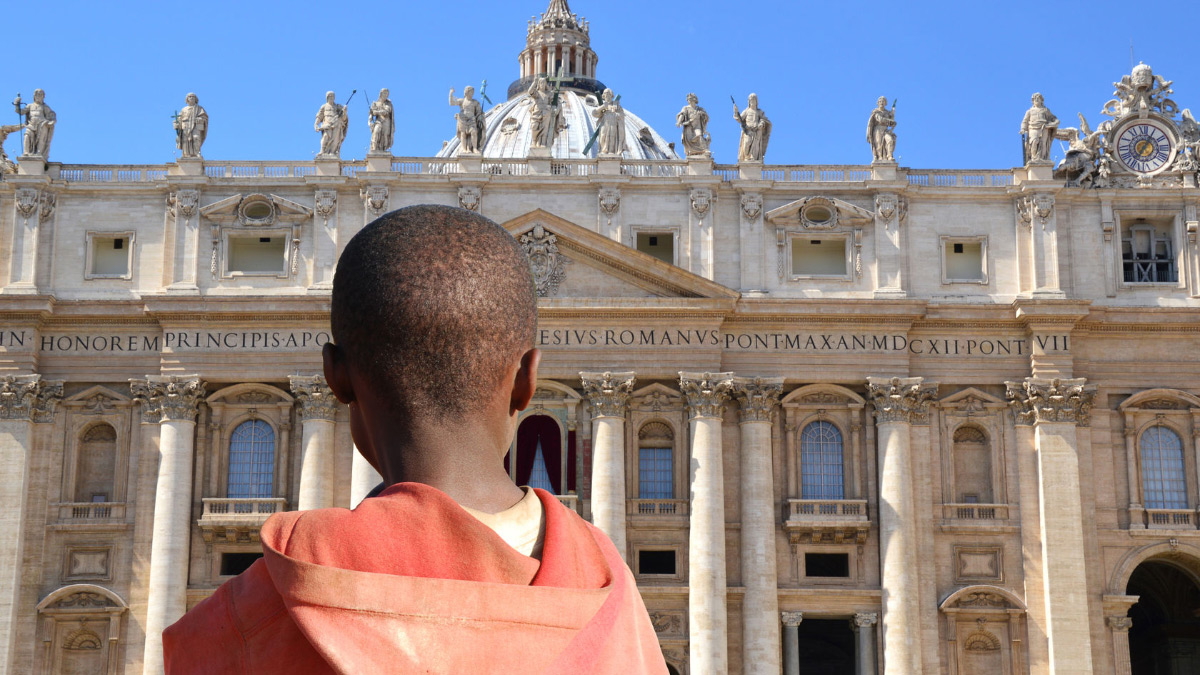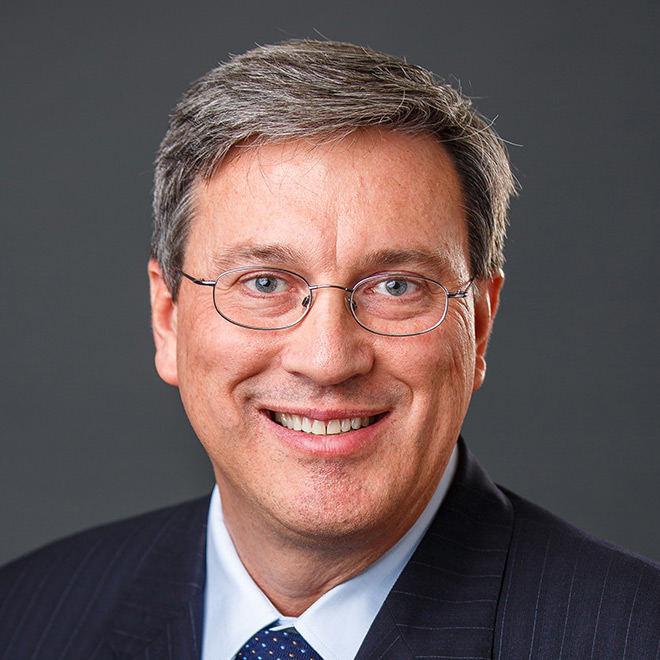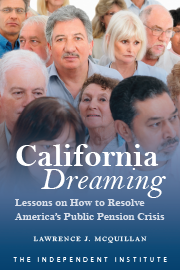The Trump administration is reportedly considering new regulations that would clamp down on immigrants seeking permanent residency in the United States if they or their children are receiving, or are “likely at any time” to receive, government assistance.
Word of the proposed change, first reported by Reuters, came as Congress was considering a series of changes to U.S. immigration policy, including a possible path to citizenship for so-called Dreamers, young people brought illegally to the United States as infants or young children.
Not everybody is happy with the administration’s approach to immigration, of course. Pope Francis, for example, was an early critic of Donald Trump’s immigration views, saying in 2016, “A person who thinks only about building walls, wherever they may be, and not building bridges, is not Christian.”
Saying “Our document of citizenship” comes from God, Pope Francis wants more options for migrants to enter countries legally. In his 2017 message for the Feast of the Assumption, he called on countries to streamline visa systems, end detention of underage migrants, and give work permits to refugees and asylum seekers. And he certainly wouldn’t be happy about a policy that restricts the eligibility of those who may use government assistance, which he supports.
One of the reasons Pope Francis offers a more welcoming message on global migration than President Trump is because Francis focuses on the benefits of migration and ignores the costs it imposes on taxpayers in destination countries.
One study, by the Heritage Foundation, found that low-skilled immigrant families in the United States receive, on average, about $30,000 a year in government benefits and services while paying only about $10,000 in taxes, creating a net fiscal deficit of $20,000 that is paid by other taxpayers.
A report by Canada’s Fraser Institute concluded that the global “rise of anti-immigrant, nativist populism” is not the result of economic insecurity from globalization. Rather, anti-immigrant sentiment is driven primarily by high levels of government transfers and taxes, which fuels resentment, pitting one group against another.
The report also found that anti-immigrant sentiment is increased by “welfare chauvinism,” as citizens who enjoy high levels of government transfer payments see immigrants as unwelcome competitors for available welfare dollars. Government wealth redistribution creates social disharmony.
Such disharmony has been evident in Germany, Great Britain, Sweden, and other countries with large government transfer programs and growing anti-immigrant movements.
Closer to home, Assembly Democrats in California have proposed spending $1 billion a year to provide Medi-Cal insurance—as the state’s Medicaid program is called—to low-income undocumented immigrants in the state, making them more dependent on taxpayers.
The paradox of the situation is that while Pope Francis and others seek to help immigrants, the government transfer programs they support hurt these very same people by fueling anti-immigrant sentiments and more restrictions.
As Pope Francis very well knows, and as many Catholics practice, the best way to help immigrants and anyone else in need is through voluntary charity.
Voluntary charity ensures that assistance reflects the values of donors, not the self-interest of bureaucrats. Voluntary charity encourages innovation and competition among private support organizations to better assist immigrants’ transition into new communities and new jobs.
Perhaps most important, voluntary charity requires a personal recognition of the plight of new arrivals and self-sacrifice, chosen freely, to help those in need. This personal responsibility nurtures true compassion and a more caring society.
If Pope Francis wants welcoming policies toward immigrants, he should acknowledge the harm that government transfer programs cause and work to nurture voluntary charity. President Trump, who has yet to make a dent in the welfare state, should join him in that cause.
That way the pope and the president could work together to help migrants and refugees.











